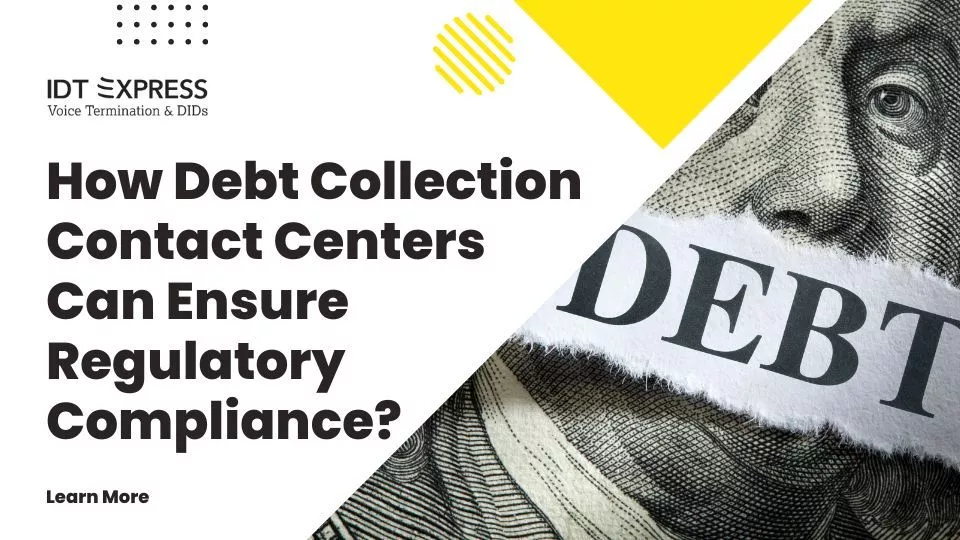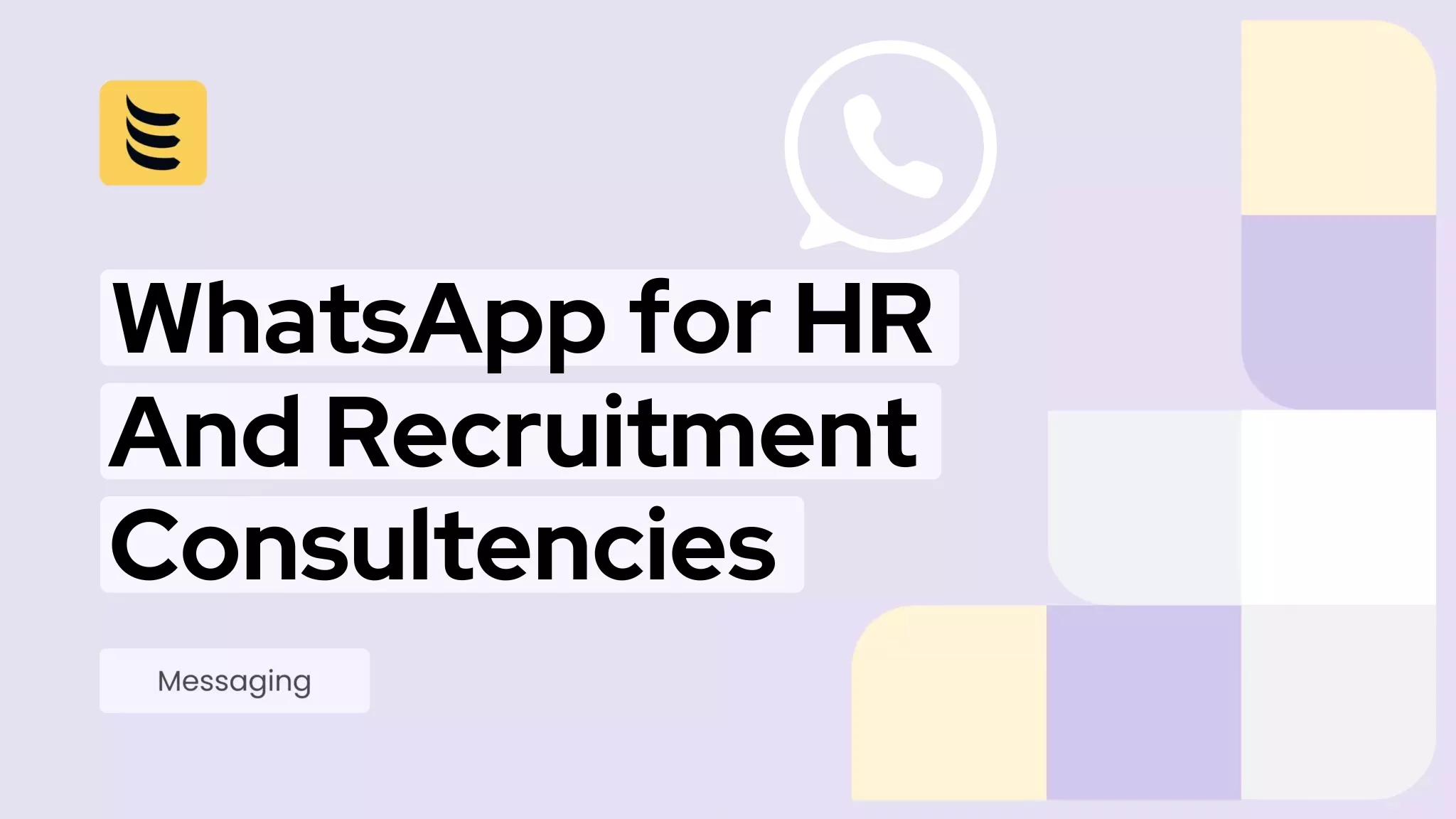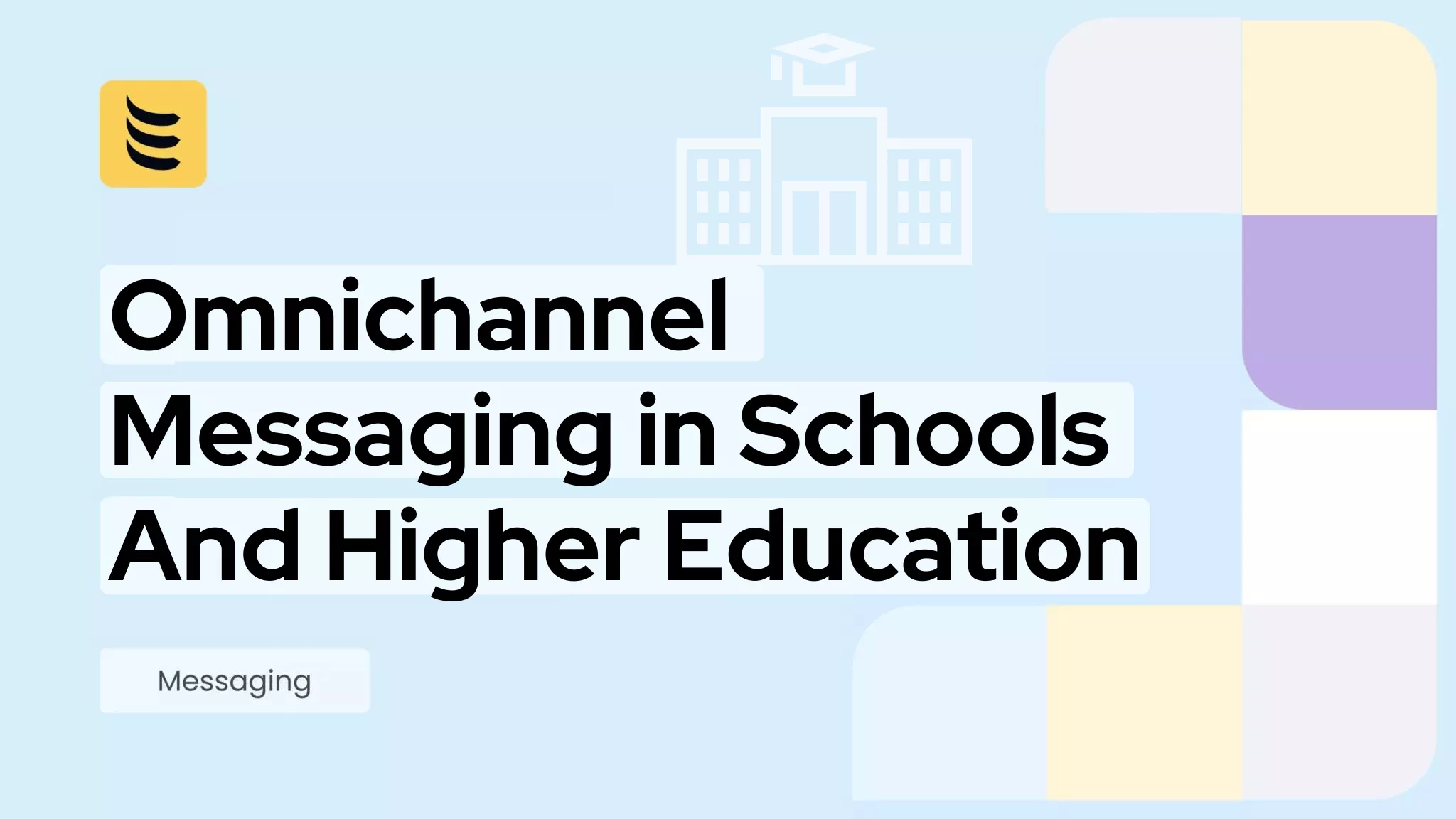So your debt collection contact center is a success, as measured by the number of closed cases and the dollar amounts recovered.
Congratulations! Don’t pop open the champagne just yet, however. Debt collection is a highly regulated industry, and if your contact center violates compliance laws, the consequences could be disastrous.
- In 2021: the Federal Trade Commission (FTC) banned 17 companies from the collections industry due to non-compliance.
- In 2015: two of the largest collection agencies in the U.S. were fined $18 million.
- Since 2012: the Consumer Financial Protection Bureau (CFPB) has hit non-compliant operators with $1.7 billion in penalties.
Here are the major regulations debt collectors need to stay on top of, plus some tips on how to keep their contact centers compliant.
Various Regulations
FDCPA
Under the Fair Debt Collection Practices Act, it’s illegal for debt collectors to do the following to a consumer:
- Threaten to hurt them.
- Use obscene or profane language with them.
- Repeatedly harass or annoy them over the phone.
- Deceive them (i.e., pretend to be a government official or threaten to arrest them).
- Contact them before 8 a.m. or after 9 p.m., unless the consumer has agreed to it.
- Contact them at work if their employer forbids non-business phone calls.
- Contact a consumer after they’ve asked the collection agency, in writing, to stop contacting them.
- Discuss a consumer’s debt with anyone except the consumer, their spouse, or their attorney.
- Garnish their wages without a court order.
- Garnish certain federal payments such as social security, student aid, or veterans benefits.
TCPA
The Telephone Consumer Protection Act governs the use of voice calls, VoIP calls, auto-diallers, fax machines, SMS text messages, and artificial and pre-recorded voice messages. The TCPA includes rules involving the Do Not Call registry (more on that later), the hours when contact centers are allowed to contact consumers, and how they must identify themselves to consumers.
Regulation F
This amendment brought the following new rules into effect on Nov. 30, 2021:
- Collection agencies can contact debtors through voicemail, social media, email, and text messages but must include an option to opt-out of future contact.
- Debt collectors cannot contact debtors via their work email address.
- Collection agencies can only make three pre-recorded or artificial voice calls within 30 days to a residential landline without the consumer’s consent.
Robocalls
The FCC defines robocalls as “calls made with an autodialer or that contain a message made with a prerecorded or artificial voice.” The TCPA prohibits debt collectors from making robocalls to a consumer’s mobile phone without their consent.
In addition, voice carriers are required to inform the FCC’s Robocall Mitigation Database of their efforts to mitigate robocalls (see STIR/SHAKEN below).
STIR/SHAKEN
This acronym stands for Secure Telephone Identity Revisited (STIR) and Signature-based Handling of Asserted Information Using toKENs (SHAKEN). As of June 30, 2021 carriers and contact centers must adopt caller ID authentication technology in their IP networks, which consumers can use to block robocalls.
Do Not Call
Although consumers can register their phone numbers on the FTC’s National Do Not Call list, debt collectors are still legally permitted to make calls to numbers on the DNC registry.
HIPAA and PCI
Collectors recovering medical debts must abide by the Health Insurance Portability and Accountability Act (HIPAA) regarding the handling of Protected Health Information (PHI).
Contact centers accepting any type of debt payments must comply with Payment Card Industry Data Security Standards (PCIDSS) for monitoring, recording, transmitting, and storing calls containing personal financial data.
State and Municipal Laws
Compliance doesn’t end at the federal level. There are also state and municipal statutes to comply with. Here’s a sampling:
- Some state laws differ from federal ones in terms of which government benefit payments can be garnished by debt collectors.
- Lowa debt collectors cannot disclose any information about a consumer’s debt to anyone other than the consumer.
- Although U.S. federal law requires call centers to obtain only one party’s consent to record or monitor a call, states such as California, Florida, and Illinois require all-party consent.
- Debt collectors in New York City must notify consumers if they offer services in any language other than English.
How to Ensure Compliance
With this complex system of overlapping rules and regulations to monitor, how can debt collectors make sure their contact centers are compliant? Here are some tips.
- Create call scripts your agents can use to avoid compliance violations.
- Hire a compliance officer.
- Track and resolve complaints filed by debtors against your contact center to avoid compliance violations.
- Provide agents with thorough, ongoing compliance training.
- Keep policy, procedure, and training manuals updated with new compliance changes in a timely fashion.
- Regularly audit your agents, procedures, policy manuals, cybersecurity, and technology systems to ensure they are compliant.
Technology Tools
It’s almost impossible to meet today’s constantly evolving compliance standards using manual procedures. Here are some IT tools to help debt collectors keep their contact centers compliant.
Automated call recording/monitoring : To train agents and monitor calls for compliance; to prove agents were compliant if debtors file complaints against your contact center.
NLP : Natural language processing is a type of AI that can spot non-compliant words, phrases, or abusive language in real-time.
AI : This software alerts agents to compliance rules and potential violations during an interaction and prompts them about compliant actions they can take; AI can be programmed to alert agents in cases where state and federal laws differ.
Analytics : This software tracks and saves compliance violations in a searchable database and/or transcript for training, auditing, and legal purposes; automatically tracks complaints and lawsuits filed by debtors against the contact center.
Automation : Communication with debtors is automated via software to reduce human agent error and increase compliance; the timing and frequency of contacting debtors can be automatically scheduled to ensure compliance.
Many of these IT tools can be implemented through SaaS so regulatory changes can be easily updated and shared among all contact center staff. Another option is a compliance platform, which integrates these tools, automates contact center workflows to maximize compliance, generates reports on complaints and violations, performs regular compliance audits, and automatically incorporates regulatory changes across the platform.




